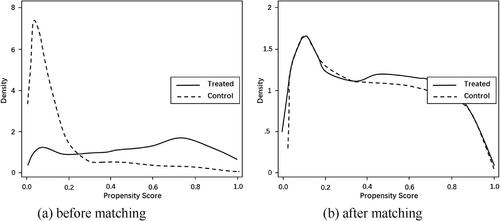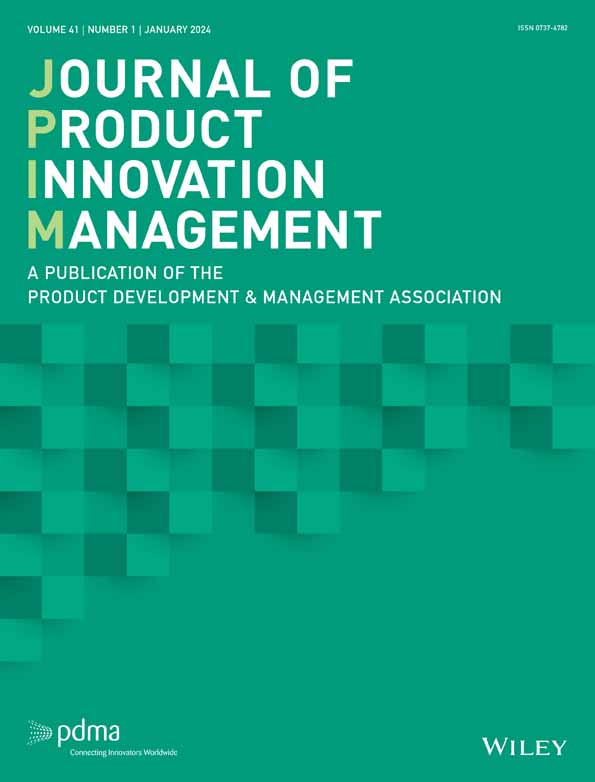Global eco-innovation and its local impact in emerging economies: Boundary conditions of environmental regulations and pollution intensity
Abstract
This paper examines the eco-innovation effects of foreign direct investment (FDI) by its economic agents, multinational enterprises (MNEs), in the context of emerging economies. It particularly focuses on environmental regulations and industrial pollution intensity as the key moderating mechanisms. We develop hypotheses by combining economic rationality of natural-resource-based view and institutional rationality of institution-based view. Our theoretical discussions highlight the importance of the intersection between the two theories in explaining the eco-innovation effects of foreign ownership and FDI spillovers, and in particular in allowing a nuanced consideration around the under-explored boundary conditions of FDI effects in the eco-innovation domain. Using the propensity score matching method to match domestically owned enterprises (DOEs) with foreign MNE-invested enterprises (FIEs) in China during the period of 2001–2013, we find clear evidence that FIEs outperform their domestic counterparts of similar characteristics in conducting eco-innovation. This superior performance is particularly pronounced in cities with higher levels of environmental regulation and industries with higher levels of pollution. Furthermore, we assess the local impact of MNEs on eco-innovation of DOEs and find evidence that the presence of FDI, in particular, that within cities, leads to increased eco-innovation in DOEs. FIEs' eco-innovation spillover effects within a city are conditional on environmental regulation and pollution intensity. Thus, in China, MNEs are found to act as agents of change who not only conduct eco-innovation in the host country but also stimulate the eco-innovation of DOEs.


 求助内容:
求助内容: 应助结果提醒方式:
应助结果提醒方式:


